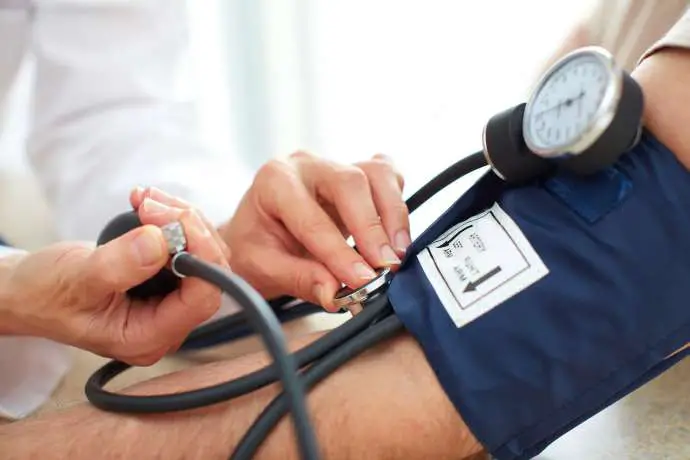STA, 19 November 2019 - Overworked and underpaid, Slovenian nurses have been quitting their jobs in droves, leaving hospitals struggling to find replacements, in particular for vacancies at intensive care units.
The situation is worst at UKC Ljubljana, Slovenia's largest hospital, which has been forced to limit admission of patients at about 40 out of 2,150 beds.
"Part of the daily working programme is maintained by going the extra mile to stretch the timetables," UKC Ljubljana said, adding that it lacked the leverage to pay nurses at clinical departments properly.
"Those are the hardest workstations, and younger generations are avoiding them," said UKC Ljubljana director-general Janez Poklukar.
Nurses have been leaving hospitals, where they often work three shifts, for better paid and less demanding jobs either abroad, in primary care or for non-nursing jobs in the corporate sector.
Hospitals in the north and north-east of the country have been hit particularly hard by staff leaving abroad, mainly to Austria. UKC Maribor is facing a shortage of 25% of nursing staff.
Marjan Pintar, the head of the Slovenian Health Institutes' Association, says that staffing problems first occurred with the establishment of nurse-led consultancies at community health centres in 2011.
Some 500 graduate nurses left hospitals for those consultancies at the time, and a further 200 have left to be employed at the call centres established recently, Pintar said.
This is why the shortfall of graduate nurses is the most acute, even though their per capita number in Slovenia is within the OECD average.
"Since 2000 the number of nursing staff increased by 45%, the shortfall mainly due to the gap between the increasing expectations of the profession and the available staff," said Pintar.
"If new work standards are adopted and community health centres need to hire extra graduate nurses, the most demanding units at Slovenian hospitals will be drained empty, which may seriously jeopardise our health system."
Based on the standards that are being drawn up, it is estimated public health institutions will need an additional 3,543 graduate nurses, 145 graduate midwives and 45 nurses with secondary education, at the cost of EUR 100 million.
The nursing and social care trade union estimates shortages at between 20% and 25% at the moment, which means roughly 2,100 nurses, mainly at hospitals. There are also shortages at nursing homes.
What is more, 8,200 nurses are aged above 50. "Over the next few years a large and highly experienced generation of nurses will retire, and it will be impossible to replace," the union's head Dragica Kekec has warned.
"Nursing work is hard ... it involves sacrifice from individuals and families, night-time work ... work at Sundays, holidays, no time to rest, those absent are not being replaced," says Kekec.
Even though 1,000 nurses were registered as unemployed in September, the Employment Service says that less than half had nursing experience and only 580 were looking for a nursing job.
Another problem is that the job seekers do not have the level of education required by the employer, while some of the unemployed have limiting factors such as heath or other issues.
The trade union believes that higher pay and better working conditions would do much to curb the high turnover. It opposes ideas to look for nurses abroad.
Despite shortages, few hospitals have opted for such a solution, the main obstacle being the required language skills and demanding procedures to recognise foreign qualifications.
UKC Ljubljana officials have taken part in a career fair in Belgrade, detecting considerable demand for work in Slovenia. But they note the obstacle of the high language proficiency requirements.
As a stop-gap measures they are hiring staff through student work agencies and alleviating nursing staff of administrative work.
All our stories on healthcare in Slovenia are here






